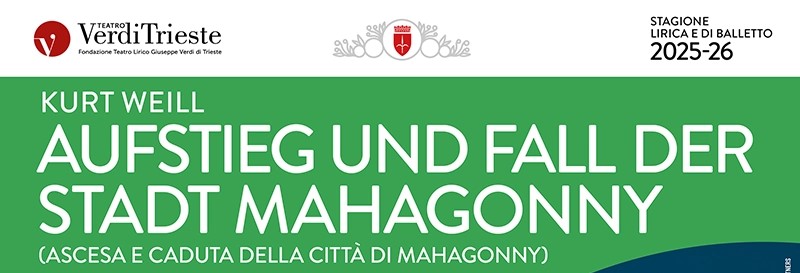by InTrieste
Interviews: Roberto Di Lenarda, Rector of the University of Trieste; Carlo Ferraresi, Group Chief Risk Officer at Generali; Valentino Pediroda, Co-founder and CEO of Modefinance
In a landmark initiative blending academia, finance, and climate science, the University of Trieste has signed a 15-year agreement with insurance giant Generali and fintech firm ModeFinance to establish a new professional profile: the climate risk modeling expert. The goal is to equip a new generation of physicists with the tools to quantitatively assess climate-related risks and their increasingly complex correlations with global financial markets.
The initiative, titled “Climate and Financial Risk Analysis in the Market Ecosystem”, will support the university’s recently launched master’s curriculum in Physics of Complex Systems, Climate and Finance—a unique educational track with no equivalent in Italy’s academic landscape.
Beginning next academic year, the collaboration will fund a new faculty position and a doctoral research grant in physics dedicated to climate risk analysis. The university has already committed to an initial professorship, citing the strategic importance of the topic within its Department of Physics, which has been recognized nationally as a Center of Excellence.
“This partnership is about building capacity for the future,” said Rector Di Lenarda, highlighting the urgent need for experts capable of modeling market shocks, asset vulnerability, flood and precipitation risks, and broader economic impacts tied to climate volatility. “The accelerating pace of climate change demands a new skill set—one that merges deep physics knowledge with financial systems thinking.”
ModeFinance, a fintech spin-off of the university and now part of the TeamSystem group, brings advanced data analysis and credit scoring capabilities to the table. Generali, headquartered in Trieste and one of the world’s leading insurers, provides industry expertise in managing and pricing long-term climate risk.
As climate disruptions become more frequent and more costly—from floods to wildfires to unpredictable shifts in resource availability—financial institutions are under increasing pressure to understand and integrate environmental risk into their models. The Trieste initiative, both local and global in ambition, hopes to position the city as a training hub for this rapidly evolving field.
The new academic appointments are just the beginning. The partnership envisions future research collaborations, internships, and professional exchanges that will deepen the integration between university laboratories and real-world markets.
“It’s not just about theory anymore,” said Generali’s Ferraresi. “It’s about resilience—and preparing our systems, financial and otherwise, to navigate a new era of risk.”





























